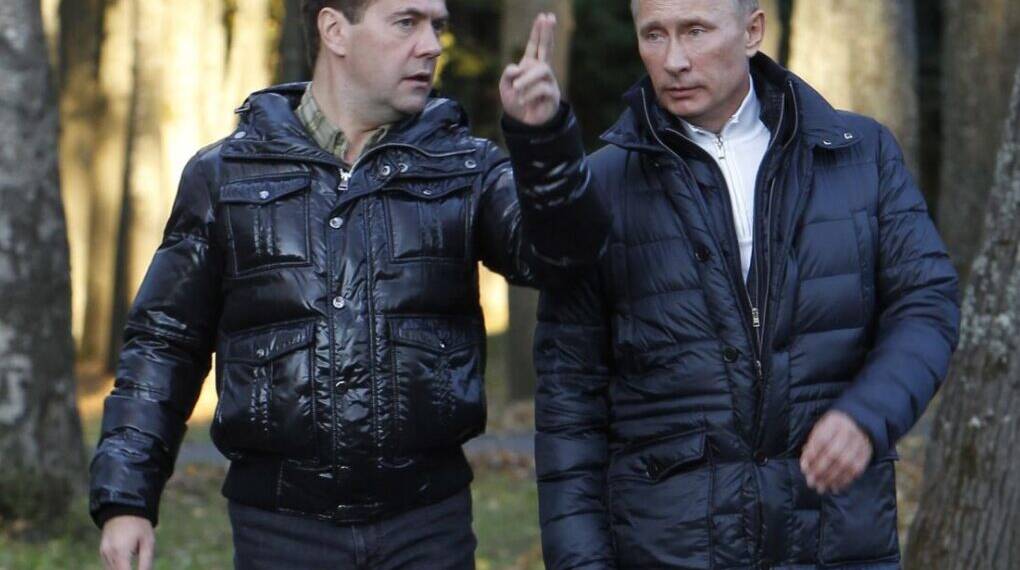At the Liberation Movements Summit held in South Africa on July 27, former Russian President and current Deputy Chair of Russia’s Security Council, Dmitry Medvedev, delivered a speech that was as ideologically charged as it was geopolitically calculated. His core message: Russia stands with Africa against neocolonialism and supports the rise of a multipolar world.
On the surface, the rhetoric evoked solidarity and mutual respect. But beneath it lies a deeper strategic pivot—one that signals Russia’s intensifying campaign to expand its influence across the African continent amid growing isolation from the West.
From Cold War Allies to 21st Century Partners?
The summit brought together ruling parties of southern Africa with revolutionary pedigrees: South Africa’s ANC, Zimbabwe’s ZANU-PF, Mozambique’s FRELIMO, Namibia’s SWAPO, and Tanzania’s CCM—all of which had ties to Soviet support during their liberation struggles. Medvedev’s appeal to this history aimed to rekindle old loyalties, portraying Russia not as an opportunist, but as a historical ally returning in Africa’s time of need.
Yet, the context has changed. These liberation movements, once insurgents, are now entrenched governments navigating a vastly more complex geopolitical landscape—where China, the Gulf states, the U.S., and Russia are all competing for influence.
Russia’s Real Motives: Geopolitical Leverage
Since the invasion of Ukraine, Moscow has faced unprecedented sanctions and diplomatic isolation. Africa, rich in resources and diplomatic votes at the United Nations, offers Russia a crucial arena to counterbalance Western pressure.
Russia’s partnerships in Africa have grown notably militarized. The Wagner Group’s activities in countries like Mali and the Central African Republic, arms sales, and intelligence-sharing with autocratic regimes paint a different picture than Medvedev’s idealistic message of “equal partnership.” Instead of developmental aid or infrastructure, Russia offers security guarantees and regime protection—often at the cost of democratic governance and civil liberties.
Africa’s Strategic Calculus: Sovereignty or Substitution?
For many African leaders, the West’s legacy of economic dominance, IMF loan conditionalities, and resource extraction by multinational corporations continues to fuel resentment. Russia’s message, free of human rights lectures and neoliberal prescriptions, resonates with regimes tired of being patronized.
But aligning with Moscow carries its own risks.
Countries like Mali and Burkina Faso, which have pivoted toward Russian support, have also seen an increase in authoritarian governance, reduced press freedom, and shrinking civic space. If neocolonialism is defined as the continued economic and political domination of sovereign nations, critics argue that Russia’s opaque, militarized engagements reflect a new form of dependency—just without the Western branding.
Not Pawns, But Pragmatists
African governments are not naive. They are engaging in what some call “strategic non-alignment”—balancing Chinese investment, Russian arms, Gulf capital, and Western aid to serve domestic agendas. As South Africa’s ANC representative Gwen Ramokgopa put it: “Political liberation is not enough. Economic emancipation is now the goal.”
In this light, Russia’s charm offensive may help African states negotiate better terms with Western powers—but it’s not seen as a singular solution. Rather, it is part of a broader effort to diversify partnerships and escape zero-sum geopolitical choices.
History Repeats, But Not Always as Progress
During the Cold War, the Soviet Union’s support helped many African liberation movements secure independence—but it rarely translated into sustainable development. With the collapse of the USSR, many of these relationships faded, exposing the fragility of ideological alliances.
Today’s Russia, stripped of its communist identity but still driven by global rivalry, may be stepping into the same role—offering symbolic solidarity and strategic support, but little in terms of transformative investment.
A Continent’s Choice
Medvedev’s speech marks a key moment in Russia’s rebranding campaign in Africa. But rhetoric is not redemption. African leaders, especially those from liberation parties now in power, must ask whether Russia is truly offering a path toward economic self-determination—or merely presenting an alternative form of dependence.
As the global order tilts toward multipolarity, Africa’s challenge is not just to choose sides, but to shape the rules—ensuring that foreign partnerships, whether with East or West, serve the interests of the people, not just the needs of global powers.








